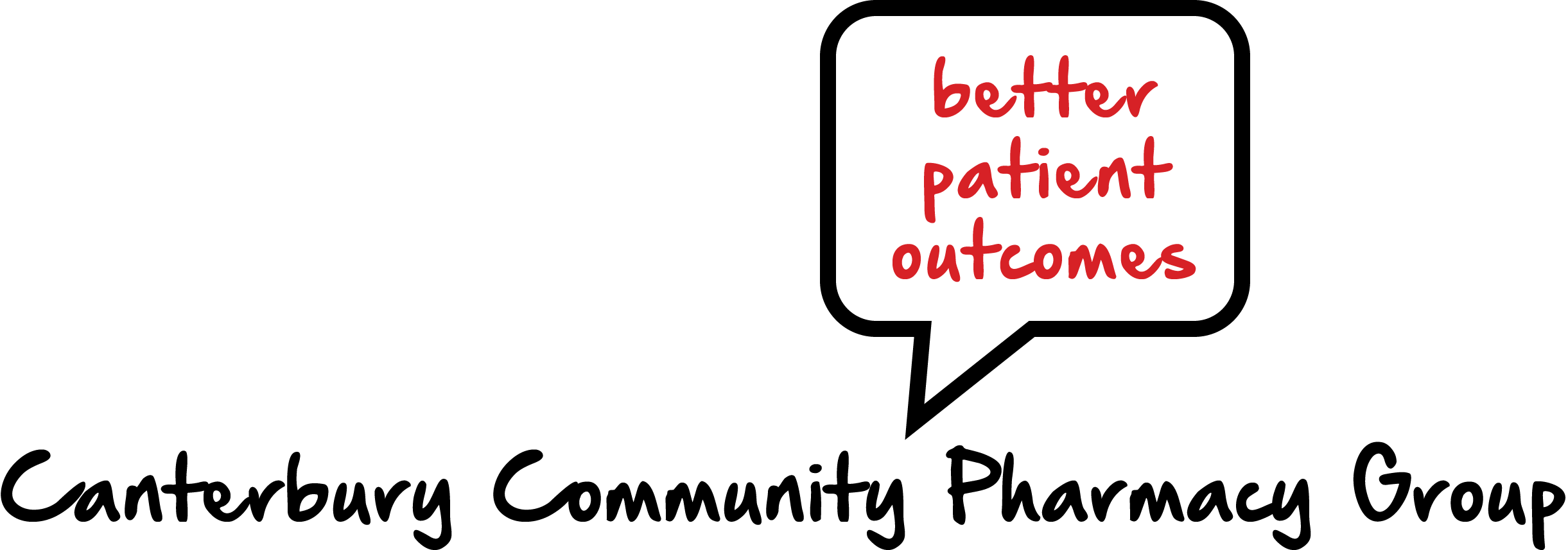Read, Remove, Return!
Return unwanted medication to stay safe and protect the environment
Return your unused or unwanted medicines to a pharmacy where they can be disposed of in an appropriately consented landfill and reduce the risk of harm from medicine overdoses.
That’s the message from the Canterbury Community Pharmacy Group (CCPG) and Pegasus who have teamed up to launch the Read, Remove, Return unwanted medicines campaign. The campaign aims to support people to safely return unwanted medication for free.
The launch of the campaign coincides with World Pharmacy Day on 25th September, which encourages activities by pharmacists to improve health in every corner of the world.
CCPG general manager Aarti Patel says evidence shows medicines in the home can be a source of poisonings of children, and confusion for aged patients who have a variety or regular changes in medicines. Ridding the home of excess medication can also reduce the risk of overdose.
Medicines returned to pharmacists – including medication for pets – go to an appropriately consented landfill in North Canterbury, Patel says. This landfill meets specific environmental standards to prevent contamination of surrounding land and waterways.
“Unused medicines are not safe to recycle, reuse or donate, so if you have any unwanted medicines just bring them into your community pharmacy and they will dispose of them safely. This includes out of date medication and medicine for pets, which will also be accepted by pharmacies for safe disposal.”
She says medicines should be kept in dry, secure locations in the home – ideally not in potentially damp areas such as bathroom cupboards.
“Have a look where medicines are kept in your home and consider who comes into your space to make it safer for friends, flat mates, and whānau. For everyone’s safety, do not share medicines.”
Pegasus Health Ngā Pou Tumanako Co-ordinator, Georgia Bridley, says community-based pharmacists are easily accessible members of an individual’s health care team.
“Pharmacists advise and support whānau understanding and experience of medication treatment, how it affects health and wellbeing, and pharmacists can improve awareness and management of medicines-related harms. Community pharmacists are also well-placed to identify people at risk of mental health crises, screen for mental illness, run mental health promotion campaigns, and provide education to people living with mental illness and their carers,” Bridley says.
“Leaning on the expertise of Canterbury Community Pharmacy Group, Pegasus Health have collaborated to develop a campaign to help with the safe return of unwanted medication to pharmacies. We hope the campaign will increase education about keeping a safe home and the role pharmacists can play disposing of unwanted medicines.”
Q&A ON RETURNING AND STORING MEDICINES SAFELY
Why shouldn’t I put medicines in the household rubbish bin?
There is a landfill in Canterbury especially for medical waste. It is designed to protect ingredients from medicines getting into the environment.
What medicines can I return to pharmacies?
All medicines, including ones for pets, pills, creams, and inhalers. Unused or out of date medication. Keep sharp items such as needles, syringes, or finger prickers separate from your other unwanted medicines. The pharmacy can give you a sealed container to put them.
Will I be charged?
No. The service is free.
Which pharmacies are providing medicines disposal in my area, and when are they open?
Every pharmacy provides a medicine disposal service. Check for the pharmacy closest to you and their opening hours.
Why don’t we share or recycle unused medicines?
Medicines cannot safely be recycled, reused by anyone aside from who they were prescribed for, or donated. This is because medicine can deteriorate depending on a number of factors, such as how it is stored.
What happens if old or out of date medicines are used?
They might not work or make you sick. This also applies to medicines that are not prescribed for you.
Can I return medicines that belong to other people?
Yes. If the medicine is something that person should be taking regularly, let the pharmacist or your doctor know. If the person is deceased, return all their medicines for safe disposal.
Will I get into trouble for returning medicines unused?
No. You won't be judged for returning medicines for yourself or your whānau. If you prefer, you can return them anonymously in a sealed bag with your name on labels removed or crossed out.
Will the pharmacist check the returned medication?
Yes. The pharmacist needs to check the types of medicines you are returning, as legally some medicines need to be recorded in a register and destroyed in a special disposal method.
Should I tell my doctor about returning medicines?
It's good to let your doctor know if you have decided not to take a medicine for whatever reason. Next time you visit your doctor let them know so they can look after you the best way possible.
How should I store medicines at home?
Store all medicines in a cool, dry, secure place. Medicines are often kept in areas such as kitchen or bathroom cupboards for ease of access, but these areas have moisture that could damage medications.

